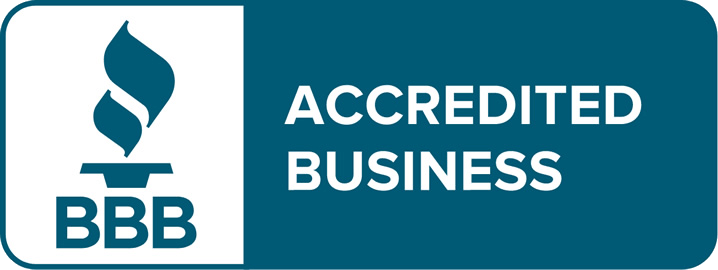If you ever receive a phone call from a person that claims to be an IRS employee, don’t immediately engage in a conversation about your taxes. In particular, the IRS Acting Commissioner, Mr. Danny Werfel, has just warned American taxpayers about an ongoing telephone scam that has already affected people all over the country.
It sounds like a real phone call from the IRS. Your phone shows a caller ID of the Internal Revenue toll free line, and a person on the phone seems to have your personal information, sometimes even the last four digits of your Social Security Number. You might even hear on a background how other “IRS agents” are making similar phone calls. However, there is something unusual about it.
The “pretend-to-be IRS agent” insists that you make a payment towards your tax debt immediately; otherwise you will face very unpleasant consequences. Depending on your situation and status, you might be threatened with a revocation of your Driver License, taking into custody, or immediate deportation. Here is where you should start being suspicious. The IRS will usually send a taxpayer a huge amount of letters and notices before the situation becomes serious enough and can lead to a legal collection action by taxing authorities. However, even then it is not up to the IRS toll free line employee to decide whether or not you will be arrested or sent out of the country for not paying your taxes.
Another indication that the person calling you has nothing to do with the IRS is that this person is willing to accept your credit or debit card number right away, over the phone. You might also be asked to make a wire transfer. Mr. Werfel has clearly stated that the IRS “will not ask for credit card numbers over the phone, nor request a wire transfer”.
To make the scam calls more convincing, scammers often follow up with another call, this time from the Motor Vehicle Department or police. Of course, none of this is real. What can you do in this frustrating situation? First of all, do not answer any questions. Ask the person on a phone for his or her contact information (just in case it was a real IRS employee) and say that you need to do some research first. Even if you are sure that you don’t owe any taxes, it does not hurt to confirm this with the IRS. You can get an answer to this question by calling the IRS’ real office at 1-800-829-1040. If you do have a liability the IRS agent will inform you about that and will provide you with the contact information of the person (or an office) that has been assigned to your case.
If, as a result, you discovered that a phone call you received was a scam, you should report it to the Treasury Inspector General for Tax Administration. You can do it over the phone by calling 1-800-366-4484 or by visiting http://www.treasury.gov/tigta/ website. There is a Report Fraud, Waste and Abuse button in the upper left corner of the page that you need to click to proceed with your report.
If instead of a phone call you received an email from someone pretending to be an IRS employee, don’t open any attachments, don’t click on any links. Just forward this email to phishing@irs.gov.


